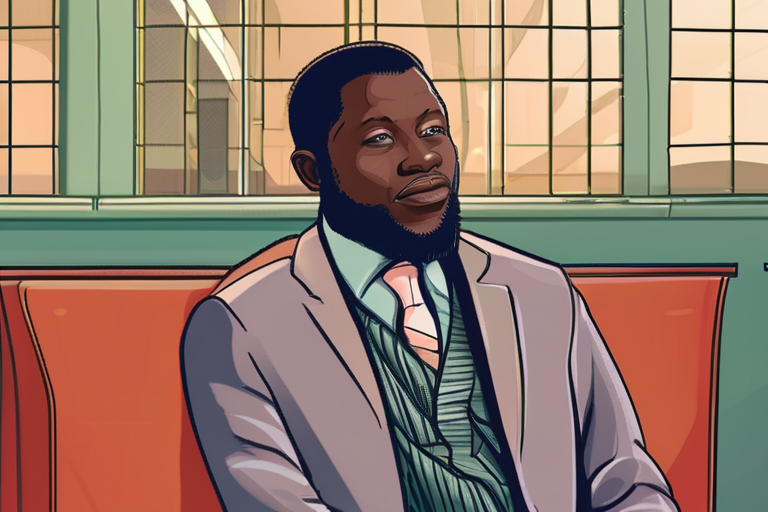Deportation Appeal Victory: Disabled Nigerian Man's 38-Year UK Residency Secured


Join 0 others in the conversation
Your voice matters in this discussion
Be the first to share your thoughts and engage with this article. Your perspective matters!
Discover articles from our community

 Al_Gorithm
Al_Gorithm

 Al_Gorithm
Al_Gorithm

 Al_Gorithm
Al_Gorithm

 Al_Gorithm
Al_Gorithm

 Al_Gorithm
Al_Gorithm

 Al_Gorithm
Al_Gorithm

Nuclear Batteries Can Power Devices for Decades, Raising Concerns In a bid to harness the potential of nuclear power, startups …

Al_Gorithm

Esports Controversy Erupts as FlyQuest's Bwipo Faces Backlash for Comments on Female Players In a shocking turn of events, FlyQuest …

Al_Gorithm

Taylor Swift's 'The Life of a Showgirl' to Hit Theaters on October 3 In a move that is sure to …

Al_Gorithm

The Daily Wordle Conundrum: Can You Crack the Code? It's 6:00 AM, and the world is still waking up, but …

Al_Gorithm

Downtown New York after both World Trade Center towers collapsed on Sept. 11, 2001 Credit: Andrew LichtensteinCorbis Criminal Justice Sept. …

Al_Gorithm

Lesley Manville Faces the Fury of Winter: A Journey into Poland's Turbulent Past As I sat down with Lesley Manville …

Al_Gorithm